SCENARIOS was very active at SETAC 2025 that was celebrated in Vienna from the 11th to the 15th May. The Society of Environmental Toxicology and Chemistry (SETAC) is a not-for-profit, worldwide professional organization with approximately 10,000 members and 21,000 followers from more than 90 countries dedicated to advancing environmental science and environmental management. The event is a vey important one with special sessions on PFAS, environmental risk assessment and circular economy with more than 500 oral presentations and 1,600 poster presentations across 88 sessions. Scientific courses and hands-on training workshops, in conjunction with plenary lectures by leading scientists in the field were completed with networking events and stakeholder engagement activities. This was facilitated by a large exhibition area with booths representing industry and research projects. On top of that there was a citizen event and science communication activities to engage the general public.
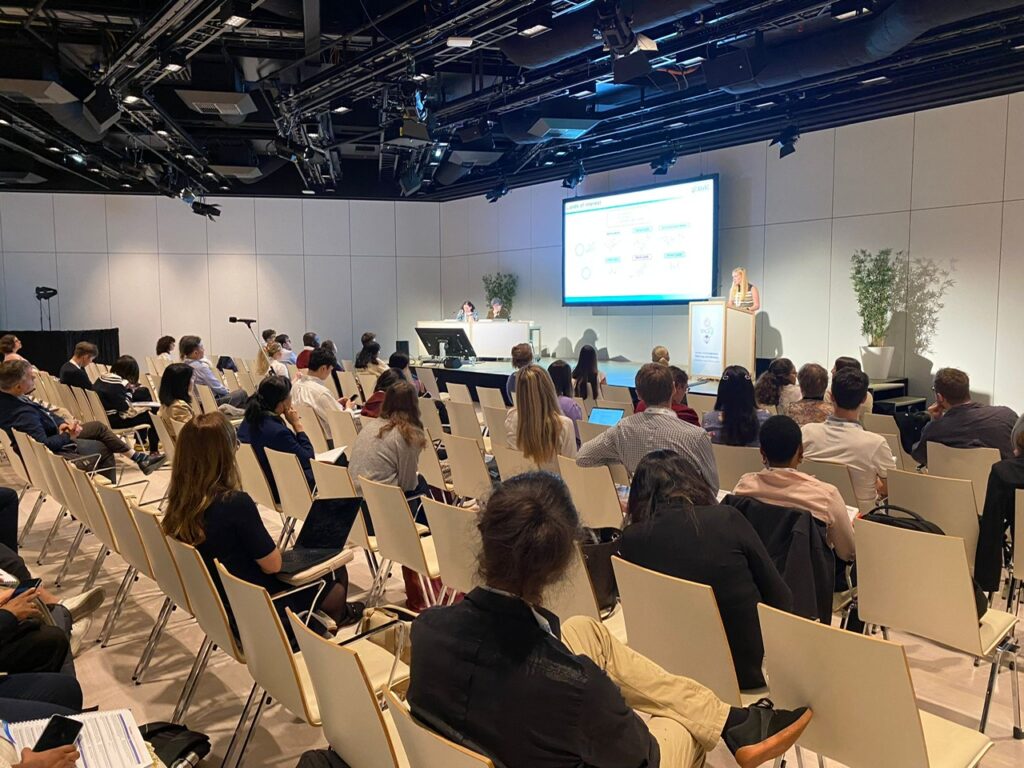
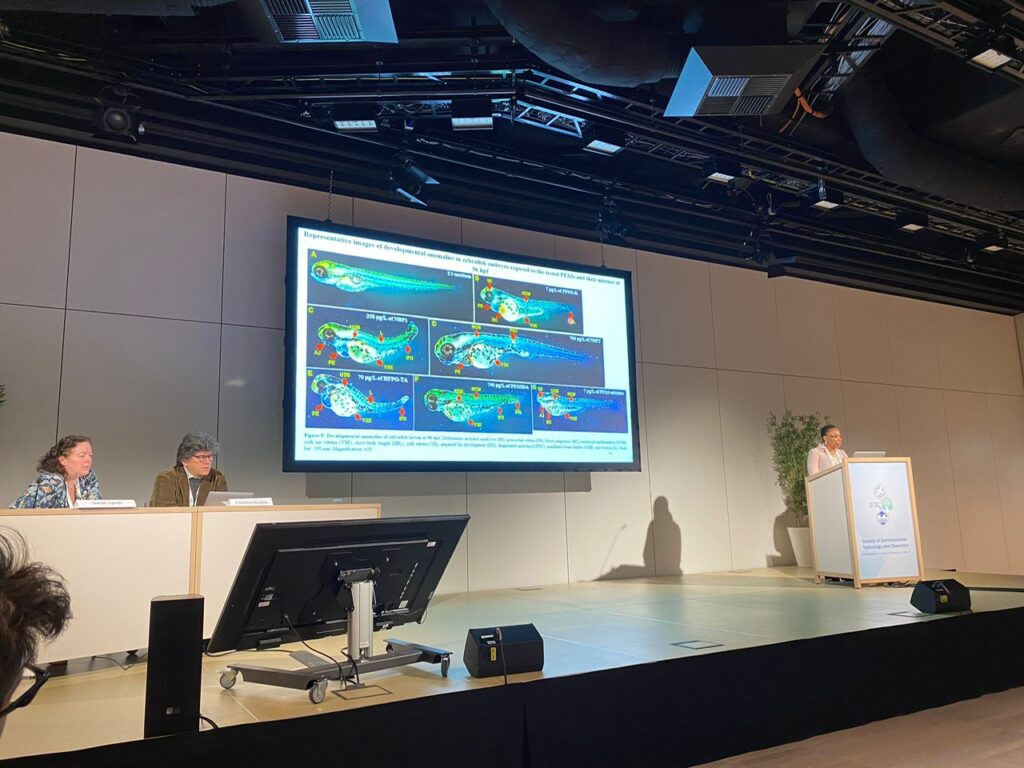
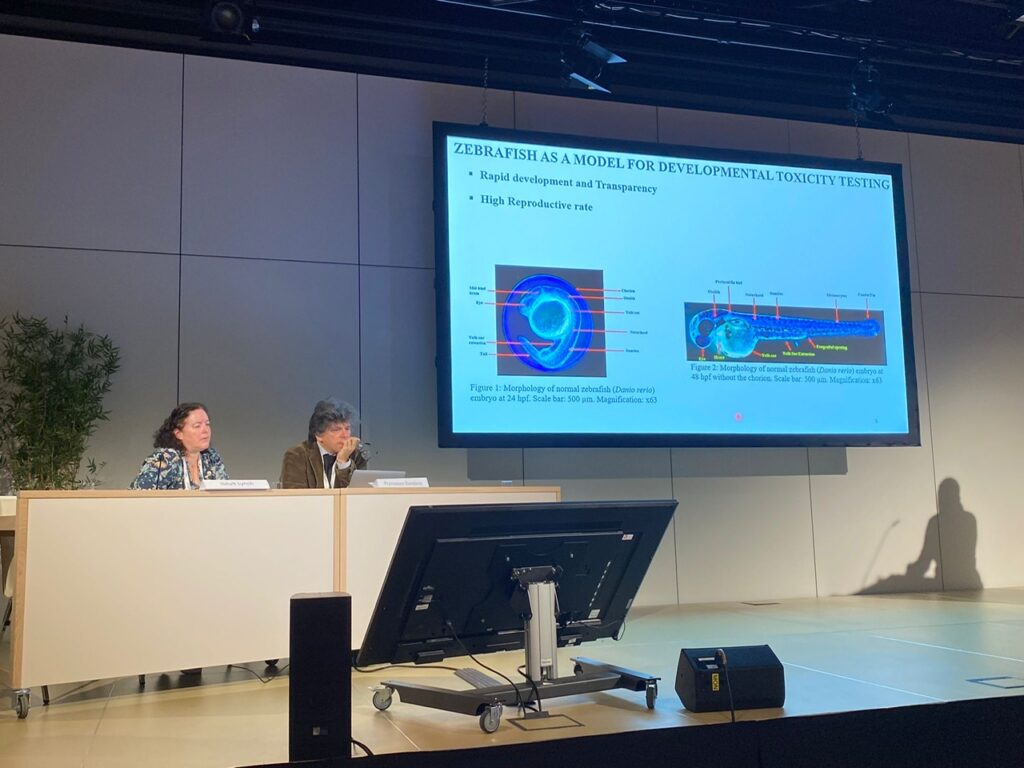
SCENARIOS partners presented results in the forms of posters (3) and a special session; Eva Junqué presented two scientific posters linked to SCENARIOS and Luisa Nunziangeli also presented another poster:
This poster summarised results from extensive monitoring campaigns (2020–2024) evaluating PFAS concentrations in edible fish and water samples from the UK and Spain. The study revealed significant geographical differences in PFAS contamination, potential health risks due to dietary exposure (especially in Spain), and contamination hotspots in UK waters. Data were gathered via collaborations with the UK Environment Agency, Defra, and IDAEA-CSIC.
This study explored PFAS-induced mitochondrial toxicity and metabolic disruption in zebrafish fibroblast (ZF4) cells using Seahorse real-time bioenergetics and CCK8 assays. Results showed that longer-chain PFAS (e.g., PFOA, PFDA) and some novel compounds significantly impaired mitochondrial function and glycolysis, supporting their inclusion in regulatory toxicological assessments and promoting New Approach Methodologies (NAMs).
Per- and Perfluoroalkyl substances (PFASs) are widespread synthetic compounds known for their environmental persistence and potential health effects. Due to their bioaccumulation and resistance to degradation, PFAS exposure has raised concerns regarding the interference with immune system functions. This study explores the immunomodulatory effects of 32 different PFASs on human peripheral blood mononuclear cells (PBMCs), with a focus on gender-specific differences in cytokine responses.
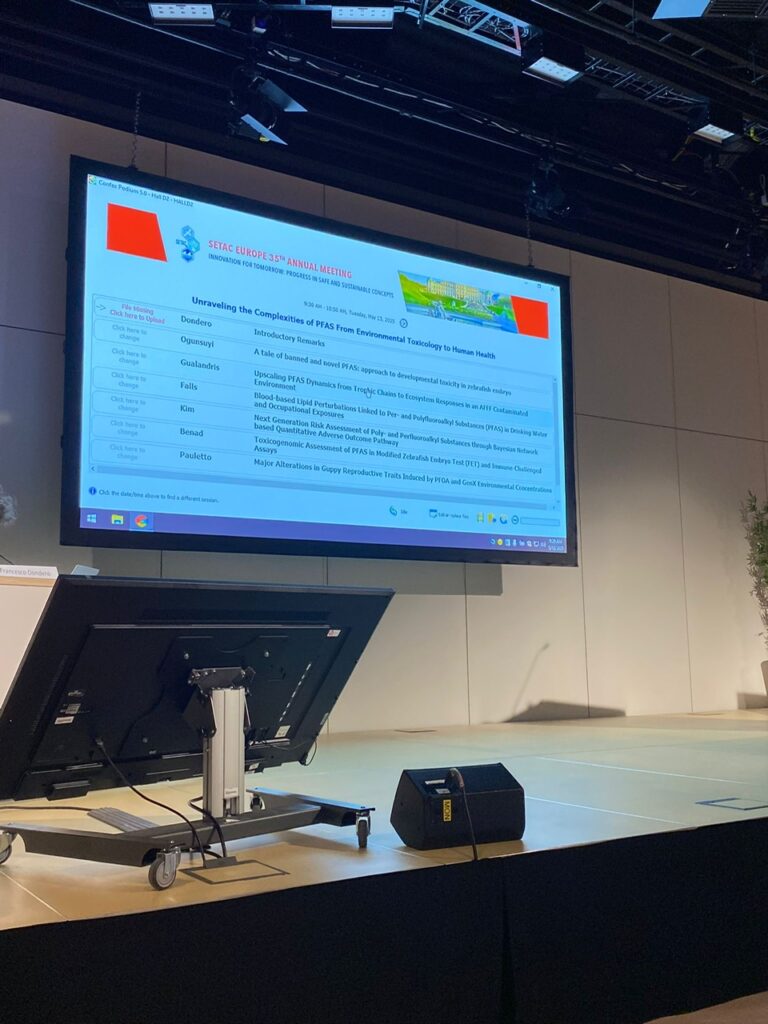
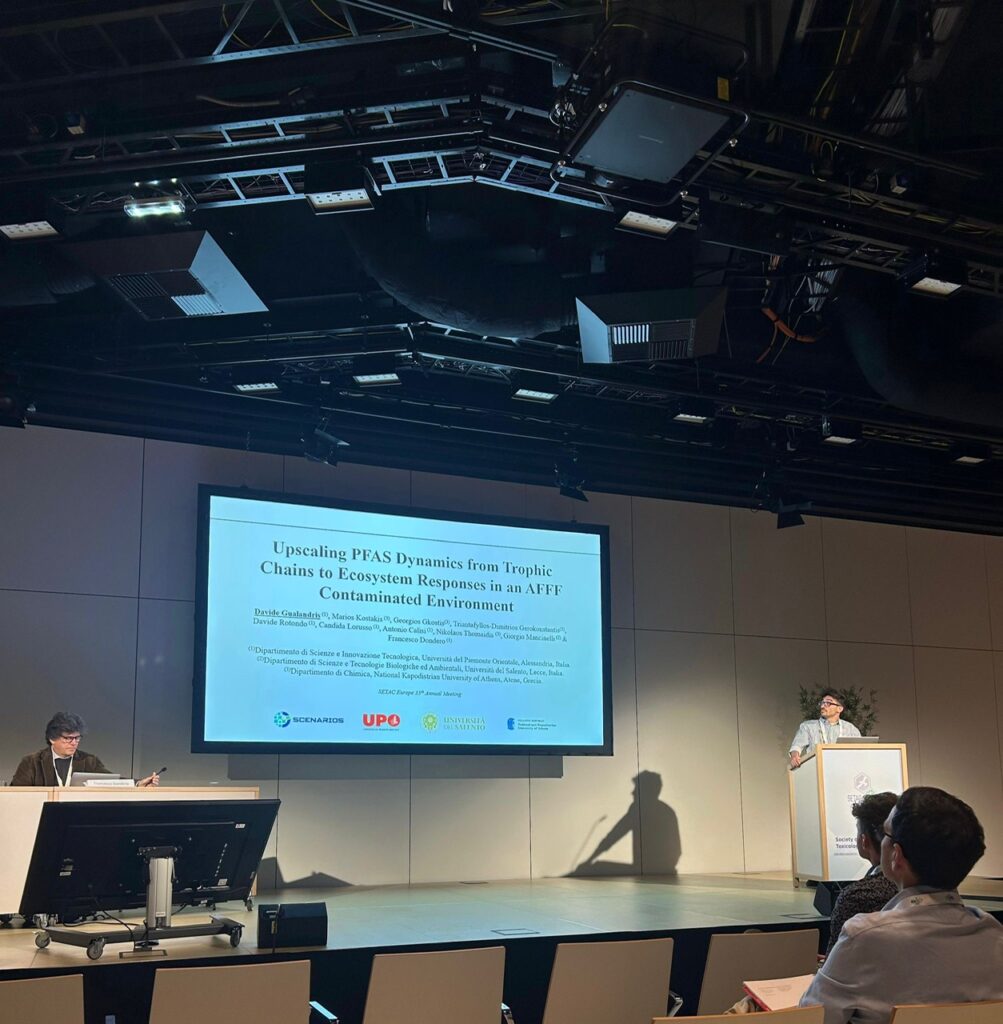
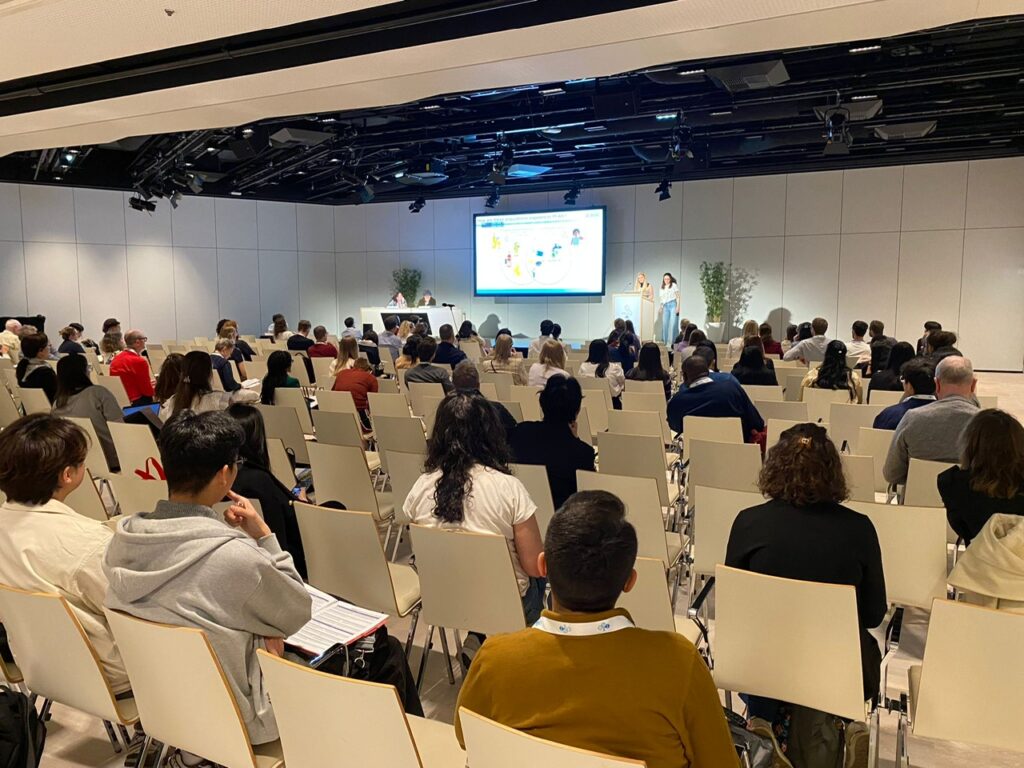
At SCENARIOS we are looking forward to next years edition.
